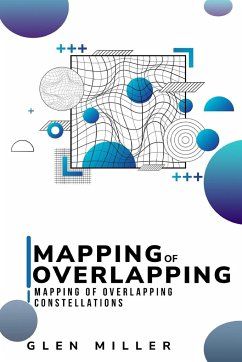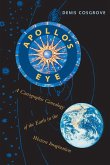Despite the obvious connection between technology and the environment, which is visible at local, regional, and, in some cases, global levels, and, while popular literature is increasingly attuned to environmental alterations, relatively little philosophical work has been done at the intersection between the fields. The distinction between technology and nature has been made in Western thought since at least the time of Aristotle, who noted that techné differs from physis in that latter possesses an innate impulse and direction of motion and rest.1 To use Aristotle's terminology, the efficient, teleological, and formal causes for artifacts do not arise in the being itself but instead are determined or at least influenced by external agents. Like the word nature does today, though, physis had many different meanings. Aristotle did not just distinguish physis from techné in Physics. He also contrasted physis with nomos, or convention, a product of culture, in Nicomachean Ethics. 2








